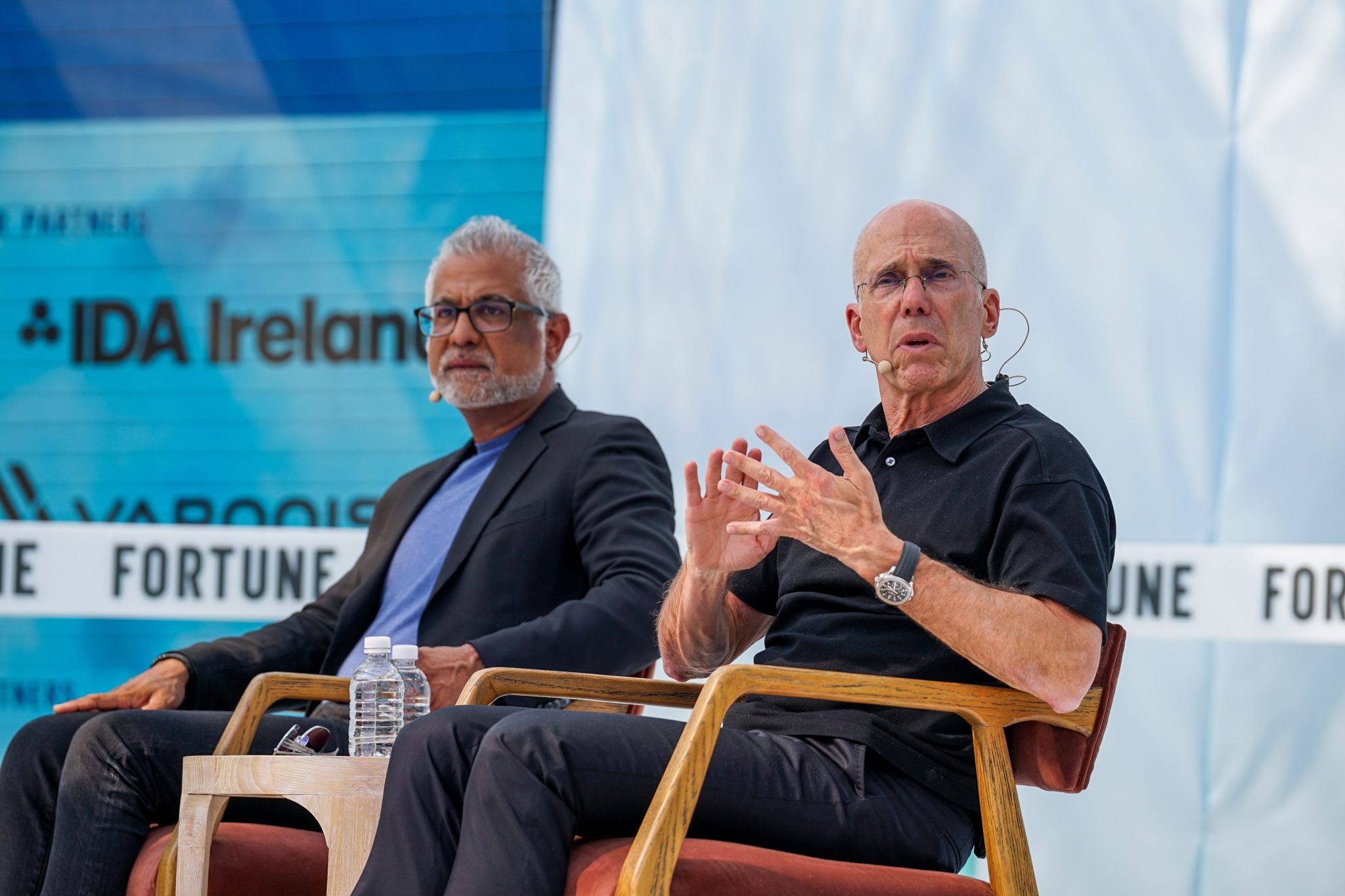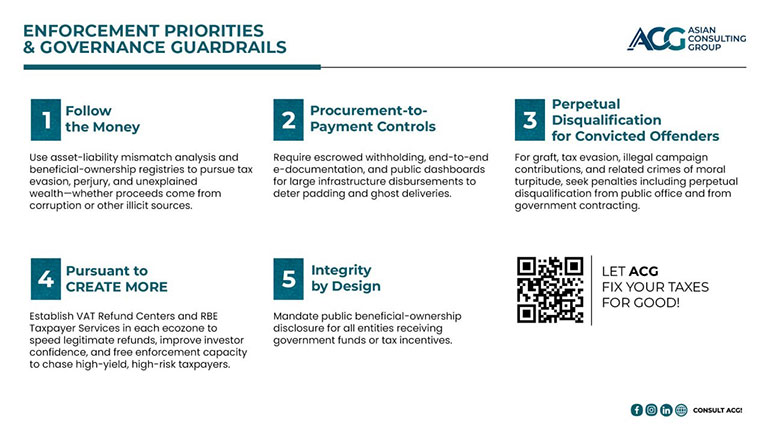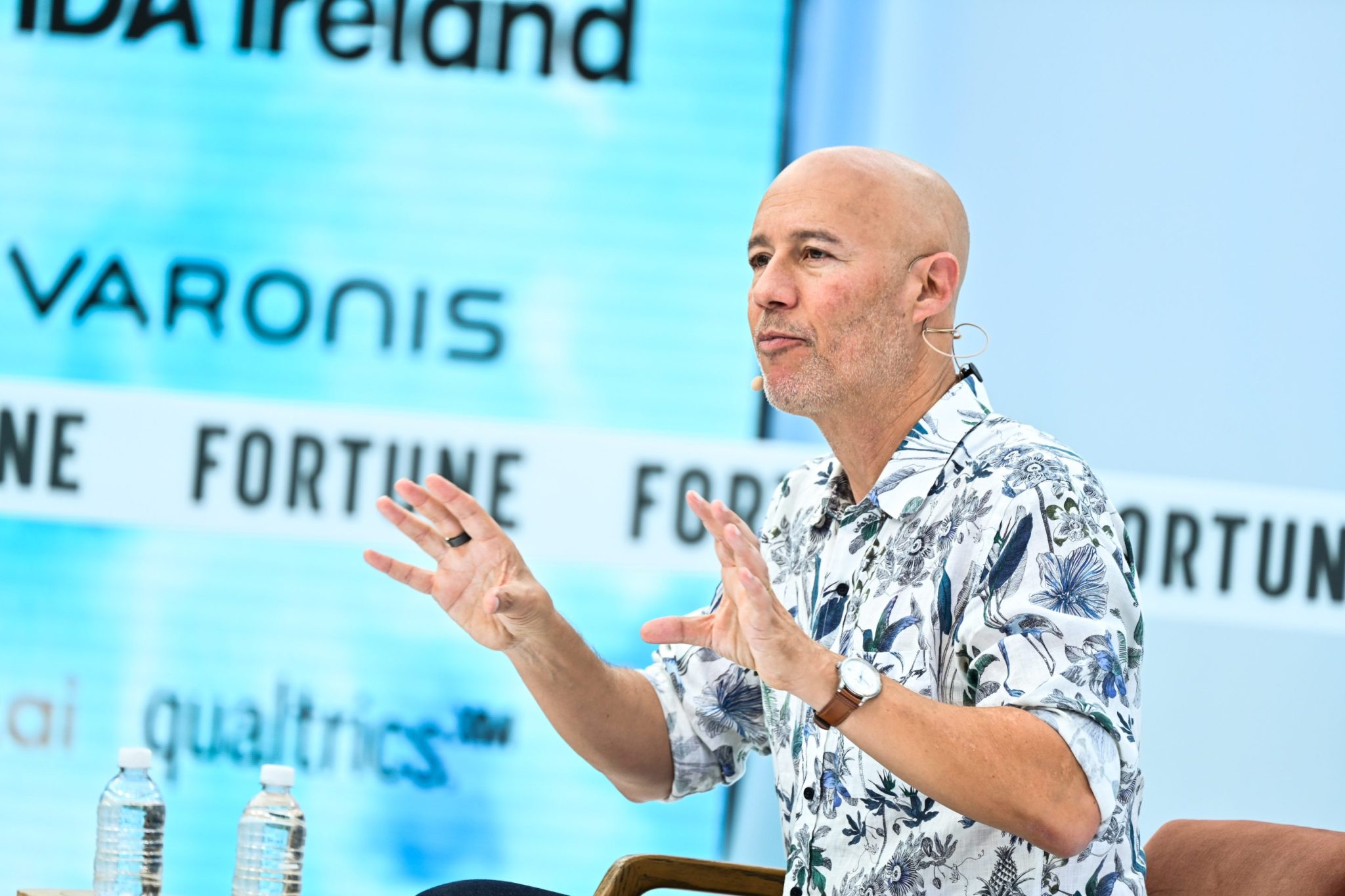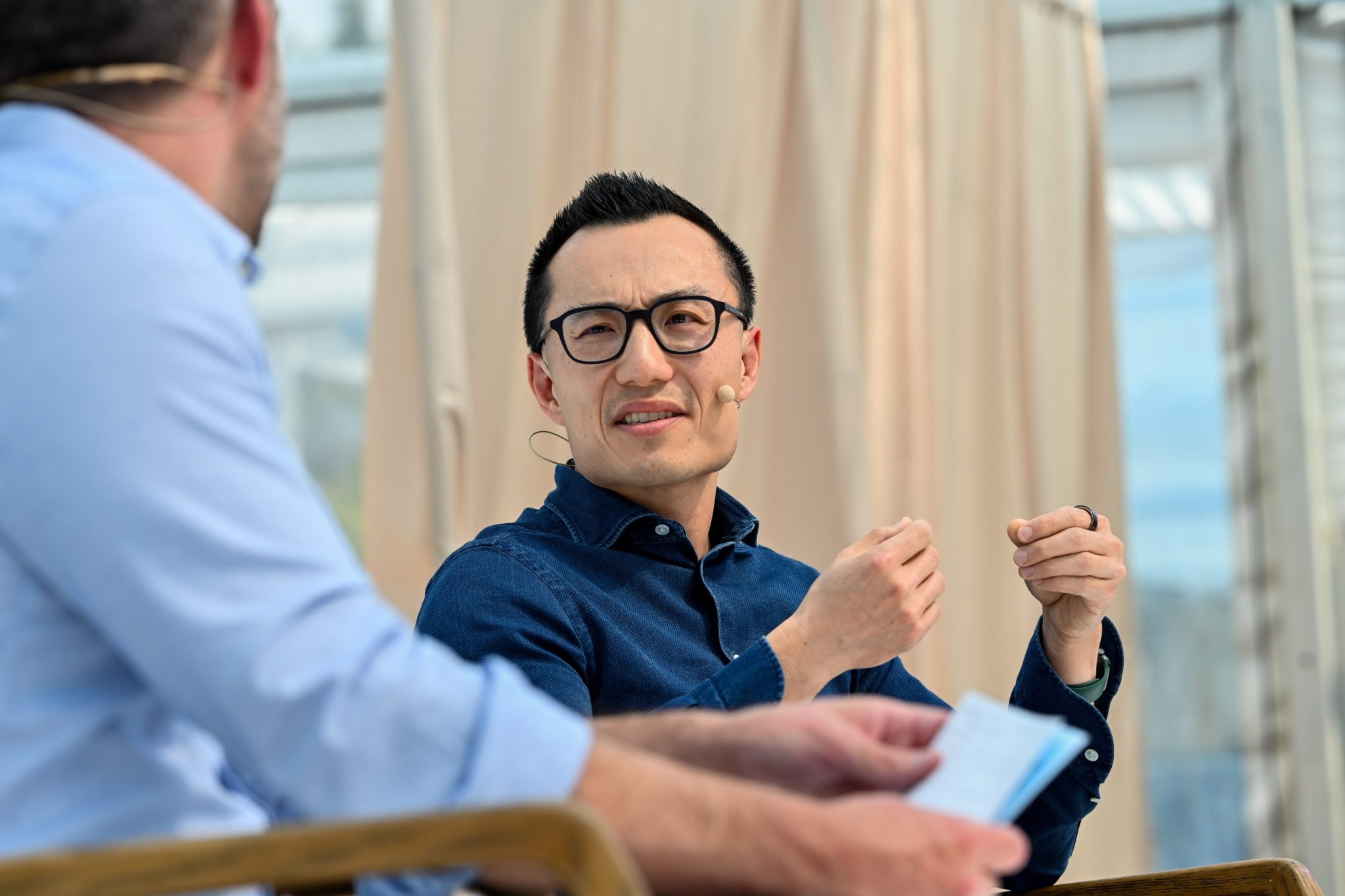When Arianna Simpson was 22 years old, she plowed her savings into Bitcoin. She had left her college job and traveled with a friend through Zimbabwe, witnessing firsthand the consequences of hyperinflation. When she returned, she became enamored with the idea of crypto as a potential salve.
Aside from investing the contents of her bank account, Simpson started a blockchain lunch meetup at her next post, Facebook. She wrote a blog post on multisignature wallets that landed her a job at the infrastructure startup BitGo, where she became the third employee. (More than 10 years later, BitGo is set to go public, though Simpson sadly left before her shares vested.)
Instead of sticking it out in the early crypto startup trenches, Simpson moved into venture, first working at a friend’s generalist firm before starting her own crypto fund, Autonomous Partners, which raised from Brian Armstrong, David Sacks’ Craft Ventures, and Steve Cohen’s family office. This was 2017, when crypto was beginning to explode into the mainstream, and Simpson invested in companies like Talos and Mythical Games. Through Armstrong, she also met Katie Haun, a Department of Justice prosecutor-turned-a16z investor, who convinced Simpson to come on board.
Simpson joined a16z crypto as a deal partner in 2020. She liked that the firm had stayed in blockchain during the quiet times, which isn’t the case for many of the larger venture operations (even today, blue-chip names like Accel and Bessemer have mostly stayed away since the 2022 collapse). “I had a lot of respect and appreciation for the fact that the firm, despite being like an institution, had taken this category seriously,” Simpson says.
It turned out to be a prudent decision. Simpson came on right at the start of the boom years, which included a16z crypto’s landmark $2.2 billion third fund in 2021 and $4.5 billion fourth fund in 2022. And amid power players like Chris Dixon and Haun, she made a name for herself investing early in companies like Blackbird, the dining rewards startup created by Resy cofounder Ben Leventhal, and Phantom, the crypto wallet recently valued at $3 billion.
Now a general partner, Simpson’s approach has been to target founders, rather than just thematic areas, understanding that the best builders will be drawn to the most promising technology at the moment, whether it’s stablecoins or the intersection of crypto and AI. “It’s more about following the trends of entrepreneurs than it is unilaterally trying to decide what’s interesting,” she says. “As an investor, your job is to shift your attention to find it.”
See you tomorrow,
Leo Schwartz
X: @leomschwartz
Email: leo.schwartz@fortune.com
Submit a deal for the Term Sheet newsletter here.
Joey Abrams curated the deals section of today’s newsletter. Subscribe here.
This story was originally featured on Fortune.com

 16 hours ago
1
16 hours ago
1


















 English (US) ·
English (US) ·